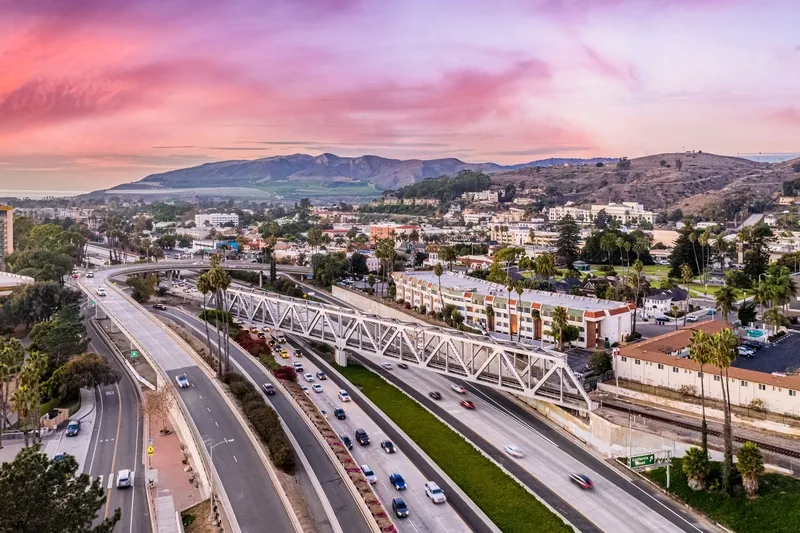After a competitive bid, the City of Fremont, California, has selected Trafficware’s central traffic management ATMS.now technology and will also add SynchroGreen adaptive signal technology on a 2.2-mile stretch of Fremont Boulevard.
The Fremont Boulevard corridor is a major arterial in the city that experiences drastic and highly directional traffic during morning and evening peak periods and more balanced traffic operations during the off peak periods, but also has swings in traffic volume due to near
June 14, 2016
Read time: 1 min
After a competitive bid, the City of Fremont, California, has selected 5642 Trafficware’s central traffic management ATMS.now technology and will also add SynchroGreen adaptive signal technology on a 2.2-mile stretch of Fremont Boulevard.
The Fremont Boulevard corridor is a major arterial in the city that experiences drastic and highly directional traffic during morning and evening peak periods and more balanced traffic operations during the off peak periods, but also has swings in traffic volume due to nearby schools. Adding smart signal technology that responds to real-time conditions through this corridor will help to ease congestion and manage queues caused by traffic volume fluctuations.
The new technology is scheduled to be deployed by late first quarter 2017.
The Fremont Boulevard corridor is a major arterial in the city that experiences drastic and highly directional traffic during morning and evening peak periods and more balanced traffic operations during the off peak periods, but also has swings in traffic volume due to nearby schools. Adding smart signal technology that responds to real-time conditions through this corridor will help to ease congestion and manage queues caused by traffic volume fluctuations.
The new technology is scheduled to be deployed by late first quarter 2017.









